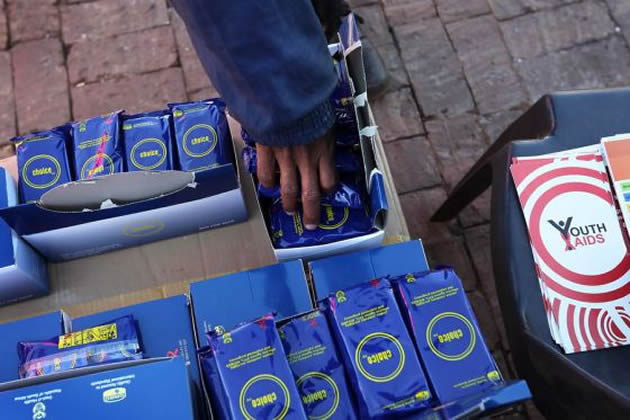Tongaat to increase indigenous suppliers


Tongaat’s Zimbabwe operations contributed the most to the group’s operating profits at $35 million up from $33 million the prior year
Business Reporter
Sugar cane producer Tongaat Hullet is aiming for a 16,2 percent increase in active indigenous private farmers supplying it with sugar cane in Zimbabwe by the 2017/18 season.
The sugar producer said in its financial statement for the full year to March 31, 2015 that current initiative meant to empower communities in the country should see private growers increasing from 857 to 1 023 by the 2017/18 season.
“In Zimbabwe, Tongaat Hullet, the Government and local communities are working together on socio-economic initiatives in the south-eastern lowveld region of the country.
“One of the focus areas remains the ongoing orderly development of sustainable private sugar cane farmers, and at the end of the 2014/2015 season some 857 active indigenous private farmers, farming some 15 880 hectares, employing more than 7 300 people generated $70 million in annual revenue. Current initiative should increase this by the 2017/18 season to some 1 023 private farmers supplying more than 1 900 000 tonnes cane harvested from 19 270 farmed hectares, with further job creation in rural communities,” it said.
Meanwhile, Tongaat’s Zimbabwe operations contributed the most to the group’s operating profits at $35 million up from $33 million the prior year.
The local sugar operations consist of Triangle and a 50,3 percent stake in Hippo Valley Estates, representing a combined installed sugar milling capacity of more than 640 000 tons.
Tongaat Hulett recorded a 12 percent decline in operating profit for the period to $174,2 million while its various operations contributed $67,2 million.
South African operations contributed $21,77 million, Mozambique $10,8 million and Swaziland $2,4 million.
According to Tongaat, the local operations benefitted from a significant recovery in market sales volumes and improved local market protection (tariffs and import licences) that were implemented earlier in the year.
In addition the operations also gained from progress on distribution and marketing initiatives.
“The benefit of cost reductions over the past two years, increased market sales, together with the negative valuation effect recorded in the income statement last year not being repeated this year, were offset by a reduction in sugar production and lower prices.
“Sales volumes included sale of sugar from previous season stocks in Zimbabwe,” Tongaat said.
Sugar production for the year was 9,5 percent lower at 445 000 tonnes from 488 000 tonnes a year earlier, a development Tongaat attributed to the absence of cane being diverted from the independent ethanol plant at Chisumbanje (39 000 tonnes sugar equivalent in the prior year) and the impact of low dam levels for irrigation at the end of 2013, which only improved early last year.
The cost of brought-in goods and services, salaries and wages was $11 million lower than the prior year and $51 million lower than two years ago, after absorbing input price, salary and wage increases.
Looking ahead, Tongaat said Zimbabwe and Mozambican operations were likely to show modest growth in sugar production.










Comments